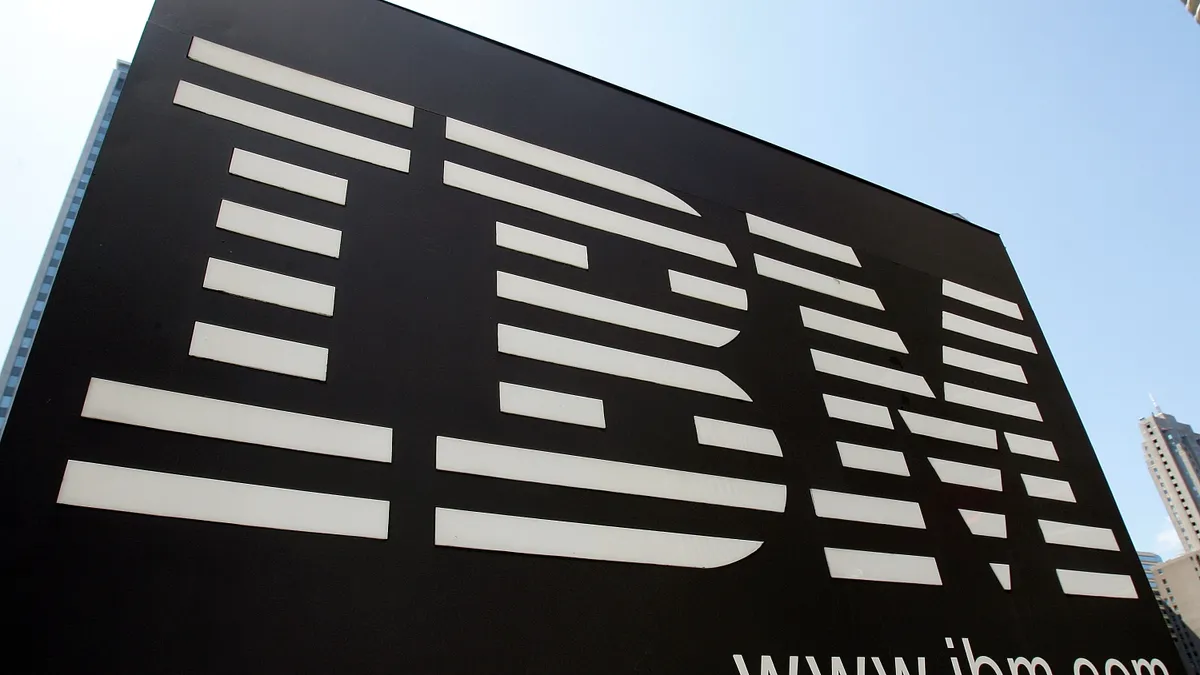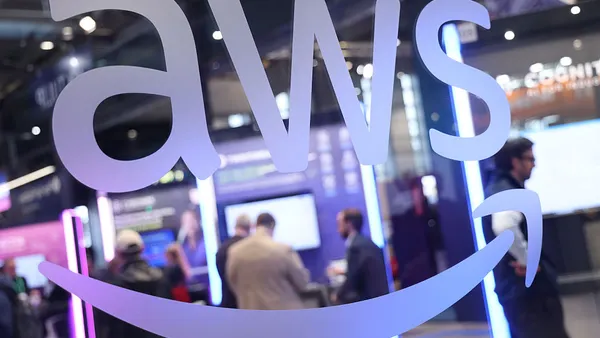Dive Brief:
- IBM is looking to Red Hat and its OpenShift platform as a model for growing its AI business, IBM CEO Arvind Krishna said Wednesday during the tech company’s Q2 2023 earnings call, for the three-month period ending June 30.
- OpenShift, Red Hat's signature product, has doubled its revenue each year since 2019, the year IBM finalized its acquisition of the open source software company, Krishna said.
- “In the same way we’ve built a consulting practice around Red Hat’s hybrid cloud platform that is now measured in the billions of dollars, we will do the same with AI,” said Krishna. “And just like OpenShift is the technology platform at the heart of our hybrid cloud capabilities, watsonx will be the core technology platform for our AI capabilities.”
Dive Insight:
Red Hat technology helped fuse IBM’s mainframe and cloud capabilities into a coherent hybrid strategy. Similarly, the recent acquisition of SaaS provider Apptio helps bind software, automation and AI to the company’s growing enterprise consulting division.
While overall revenue growth contracted at the start of the year and then flattened in the second quarter, the 102-year-old business technology firm found a silver lining in its software and consulting divisions, which increased year-over-year revenue by 8% and 6% respectively.
Together, consulting and software — which encompass hybrid and platform solutions, Red Hat, data and AI — represent about three-quarters of the company’s revenue, Jim Kavanaugh, IBM’s SVP and CFO, said during the earnings call.
IBM’s mainframe business was the biggest drag on revenue growth, the report said. Infrastructure suffered a 14% year-over-year decline, led by 30% contraction in zSystems revenue.
A drop in zSystems revenue was expected, Kavanaugh said, following the successful rollout of the company’s latest generation mainframe, the z16, in April 2022.
IBM is now banking on AI to bolster its hybrid cloud position. In May, the company introduced watsonx, a multiservice platform with open-source libraries, models and datasets created by Hugging Face and AI-optimized data storage. A full rollout of the platform began earlier this month.
AI tools that address specific enterprise use cases — including digital labor, customer service and code generation — are in development, Krishna said Wednesday.
The company launched an AI center of excellence research center in May, already staffed with more than 1,000 consultants, alongside IBM Consulting’s existing AI and automation practice.
AI will infuse “every single IBM product we have,” said Krishna, including sustainability, database, consulting services and mainframes.














